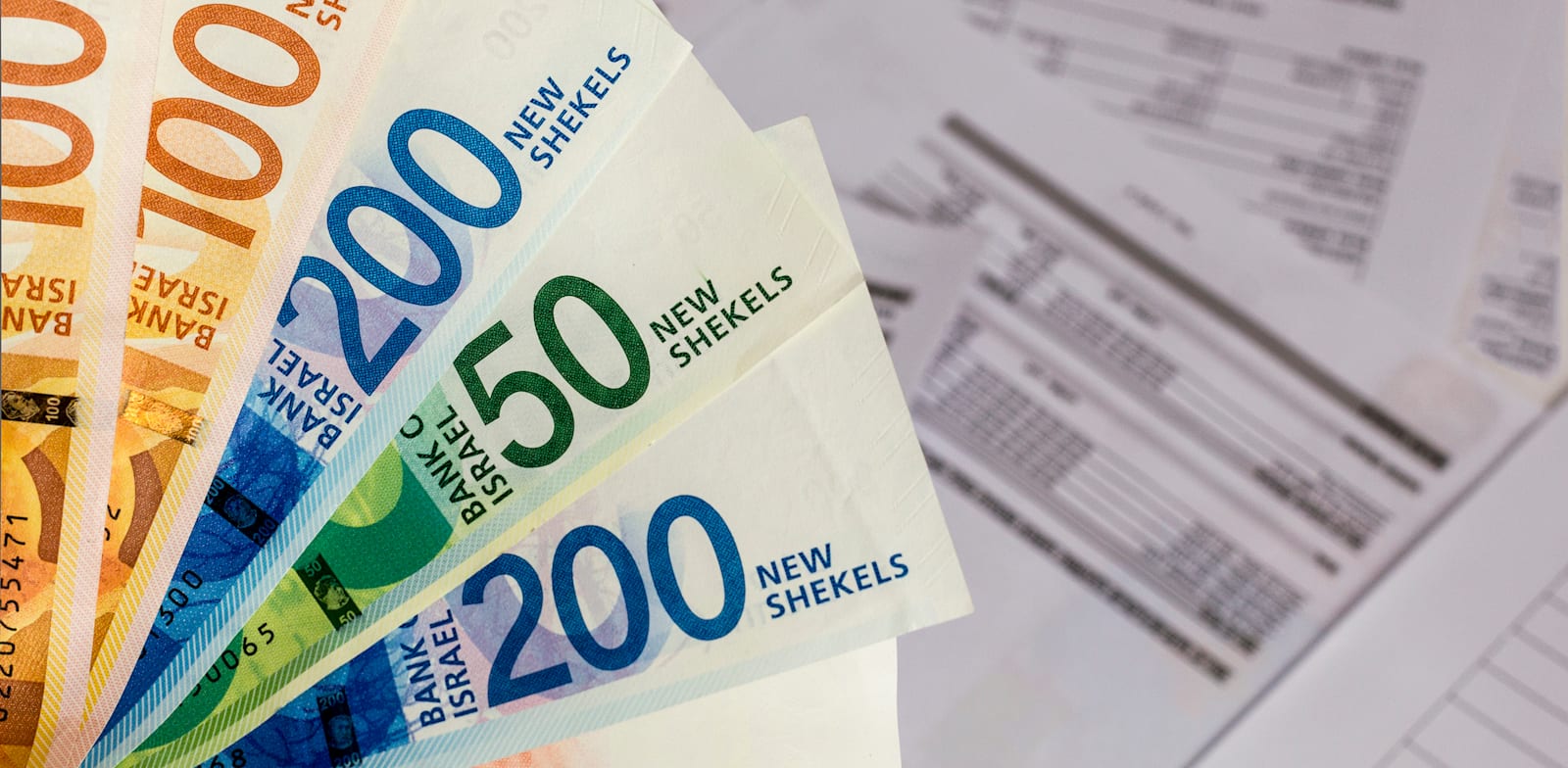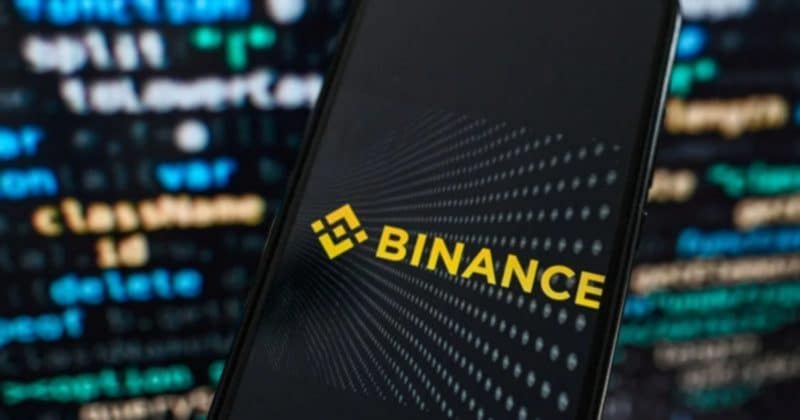For more than four centuries, the corporation has been the central engine of capitalism.
From the Dutch East India Company to Apple and Amazon, this structure has powered trade and scaled innovation. It also changed what it means to have a job, defining how billions of people earn, spend and live.
It’s nearly impossible to imagine a world without the corporate system that built our modern economy.
But if a group of economists from MIT and Harvard is right, corporations as we know them might not exist by the end of this century.
In a new paper published by the National Bureau of Economic Research, they describe a coming singularity…
A moment when artificial intelligence makes markets so efficient that the very reason for companies to exist begins to disappear.
And I know that sounds extreme. But a mere two decades ago, so did the idea of a digital economy.
Today, that transition seems inevitable. And tomorrow, so might the death of the corporation.
Why Do Companies Exist?
Back in 1937, an economist named Ronald Coase asked a simple question: if markets are so great at matching buyers and sellers, then why do we need companies?
His answer became one of the most important ideas in economics.
Markets are messy. It takes time and effort to find suppliers, compare prices, negotiate contracts and manage all the other aspects of commerce.
Coase described these frictions as the “costs of using the price mechanism.” Today we call them transaction costs.
The reason we have companies is to manage these costs. They exist to make commerce simpler, faster and more predictable.
So instead of hiring a new plumber every time a pipe leaks, a company keeps one on staff. Instead of renegotiating every project, a company simply employs people and coordinates them internally. And instead of haggling over every paycheck, a company sets salaries and pays its workers on a set schedule.
But what happens when AI drives those transaction costs toward zero?
The MIT–Harvard team argues that we’re entering this phase right now. As AI agents continue to become more capable, they’ll start handling the messy work of searching, negotiating and contracting for us.
And they’ll do it instantly.
Imagine you want to buy a new phone. Instead of scrolling through endless Amazon listings, your personal AI agent will find the manufacturer directly, negotiate the best deal and group your order with thousands of others to lower the price.
In this scenario, the idea of a “storefront” becomes obsolete.
Now apply that same logic to hiring, logistics, consulting, design and a host of other everyday business functions.
Why have a giant HR department when an AI agent can match talent globally in seconds? Why have middle managers coordinating teams when autonomous systems can optimize projects automatically?
That’s the crux of the “Coasean Singularity” described in this paper.
It argues that AI agents will enable markets to run so efficiently that the walls between companies and customers will begin to crumble.
In this world, business will become a web of people and AI systems trading, building, and investing together in real-time. And that could cause corporations as we know them today to eventually cease to exist.
I believe this paper has merit. But it doesn’t mean we’re nearing the end of capitalism. We’re just entering the next phase.
Every major economic revolution from the Industrial Age to the Internet era has reduced friction. And whenever that happens, new business models emerge.
For example, the relatively recent wave of digital platforms like Uber, Amazon and Airbnb replaced layers of inefficiency with efficient algorithms.
In doing so, they created new markets for transportation, consumer goods and travel.
But even these systems are still centralized. They rely on a corporation to keep things running.
The next wave could be very different.
Because in an agent-driven economy, your personal AI will represent you across markets. It will negotiate with other agents and execute contracts for you instantly. In a sense, you’ll become a company of one.
And we can already see this shift starting to happen.
OpenAI’s GPTs and Anthropic’s Claude agents are learning to act independently across the web. Meanwhile, blockchain-based startups like Fetch.ai and Autonolas are experimenting with decentralized networks where AI agents can negotiate and trade on their own.
Of course, “perfect” efficiency will come with its own set of problems.
When millions of agents can apply for the same job or bid on the same asset in milliseconds, all that noise could easily overwhelm the signal.
Economists call this “agent congestion.”
And as we’ve talked about before, there’s still the “proof-of-personhood” problem.
In a world where everyone’s agent looks, sounds and acts human, how do we prove we’re not dealing with bots?
I believe these issues are going to create an entirely new industry in digital identity verification.
After all, the Internet created a market for web infrastructure, and cloud computing created a market for data infrastructure.
I’m convinced the agent economy is poised to create a market for trust infrastructure.
So who will be the winners of this next phase?
In my opinion, they’re likely to be the infrastructure builders: the platforms that host autonomous agents and the marketplaces that let those agents trade safely. And, of course, the networks that verify human identity.
Here’s My Take
I believe the Coasean Singularity won’t kill capitalism. It’ll supercharge it.
A big reason why everyone is rushing into AI investments is the belief that this coming shift is a multi-trillion-dollar opportunity.
AI will drain all of the inefficiencies out of markets, and could rewrite the idea of a corporation itself.
In the next decade, the world’s biggest “company” might not have employees or offices at all. It could be a self-running network of AI agents trading, building and investing on our behalf.
Humans will likely still guide the mission, but we’ll let AI do the heavy lifting.
And if this sounds far-fetched, remember that the idea of an online company existing once sounded “out there” too.
Regards,
Ian KingChief Strategist, Banyan Hill Publishing
Editor’s Note: We’d love to hear from you!
If you want to share your thoughts or suggestions about the Daily Disruptor, or if there are any specific topics you’d like us to cover, just send an email to [email protected].
Don’t worry, we won’t reveal your full name in the event we publish a response. So feel free to comment away!























